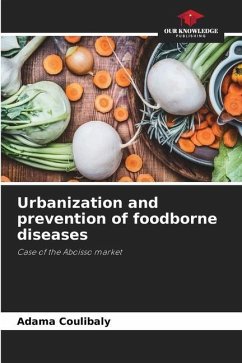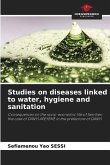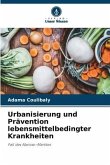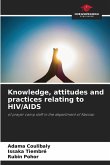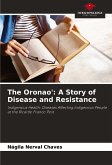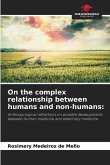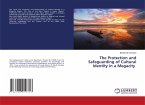The quality of food is essential for the health of the consumer. At the large Aboisso market, vendors handle food in precarious hygienic conditions that expose the consumer to all kinds of food poisoning (TIA). Thus, this study proposes to contribute to the transformation of the hygiene habits of food sellers in order to prevent any health threat related to TIA.The methodological approach is based on a survey that is both qualitative and quantitative. Using a triangulation approach, several tools were used: documentary review, observation, questionnaire and direct interview. A sample of 50 individuals, all salespeople working under the large hangar, were interviewed.The results showed that the well water used by the vendors contains anaerobic bacteria, proof that the water is contaminated with feces. Consumers are therefore not immune to an epidemic of cholera or typhoid fever, etc.
Bitte wählen Sie Ihr Anliegen aus.
Rechnungen
Retourenschein anfordern
Bestellstatus
Storno

